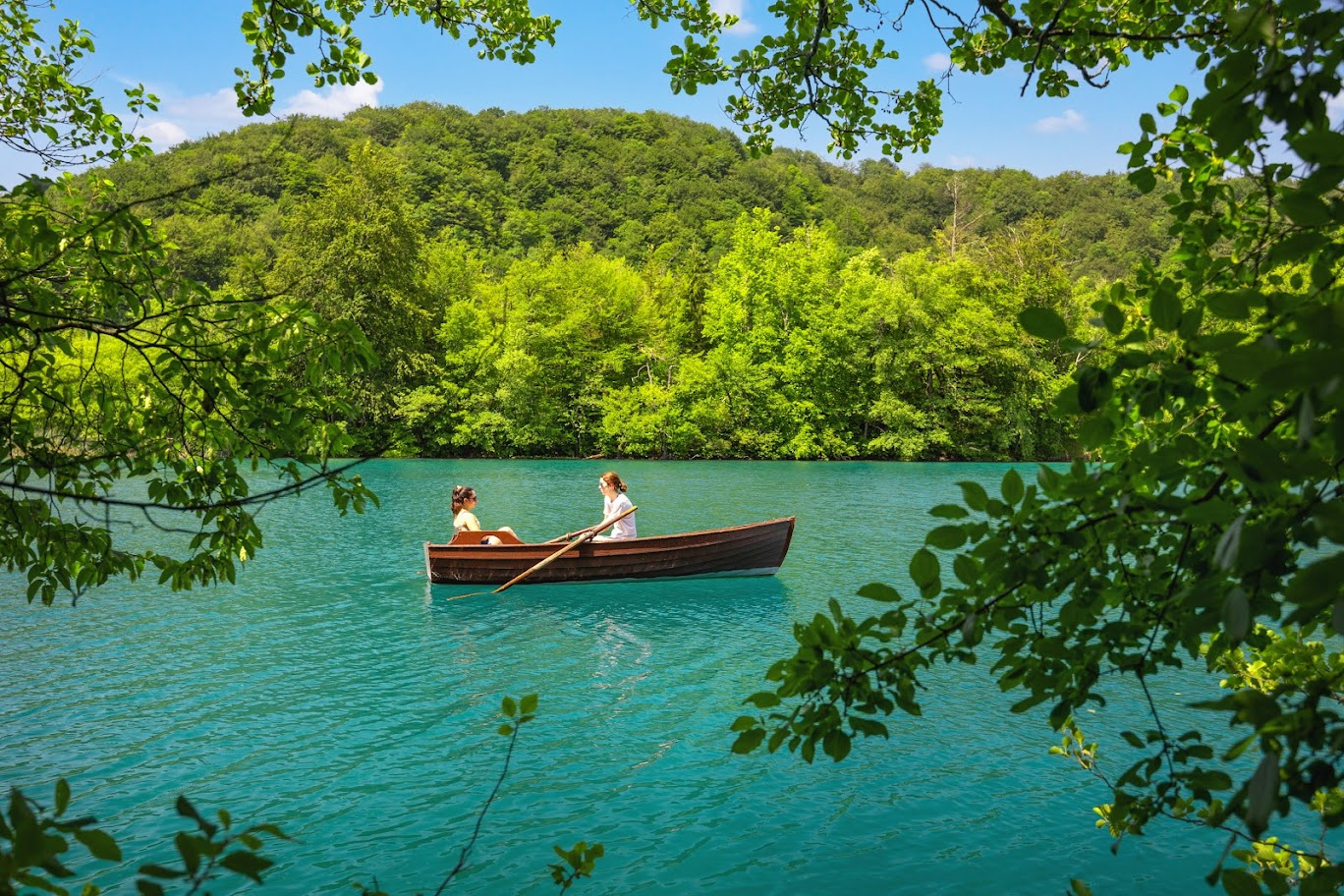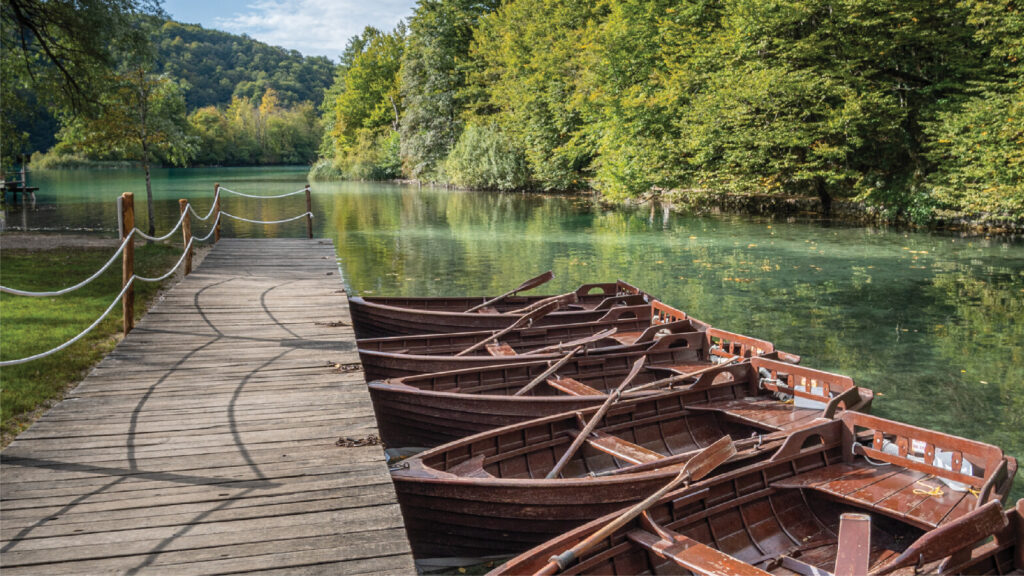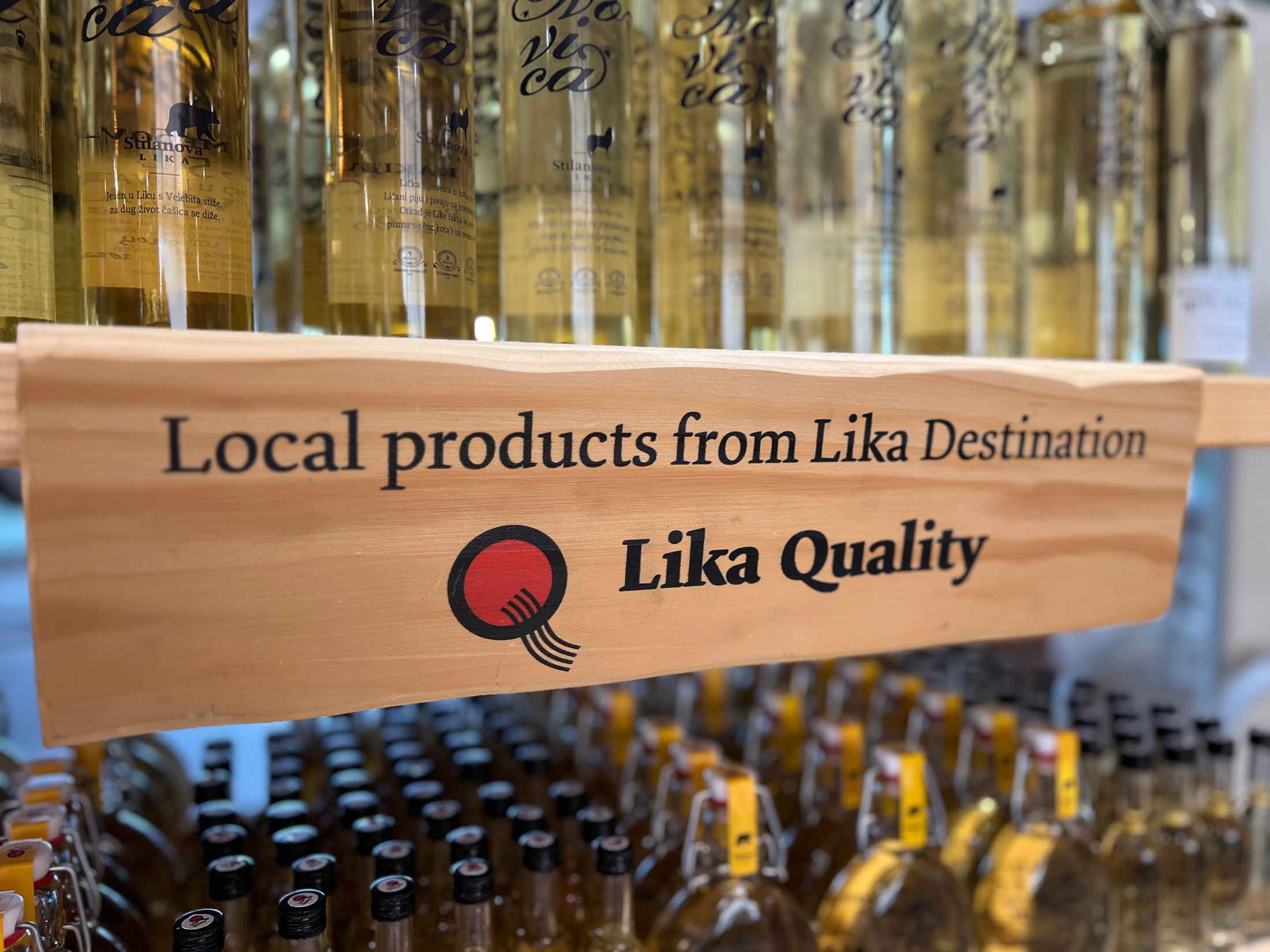Nowadays, with tourism becoming an ever-growing environmental challenge, there is an increasing number of responsible tourists who are trying to reduce the negative environmental, social and economic impacts of their travels by taking seemingly insignificant steps. This awareness, which is at the heart of the concept of sustainable tourism, is growing and underpins the future of all. With your visit to Plitvice Lakes National Park and its surroundings, you have the opportunity to help preserve our ecosystem, local tradition and economy, all while responsibly enjoying the wonders of this destination.
Below, we make several recommendations for a sustainable stay at Plitvice Lakes National Park.
- Our motto is: ‘Come visit for the Lakes, stay for the nature and adventure!’ Slow down while on holiday, stick around and discover new tourist attractions and activities in addition to the ones that incited you to visit us. Get to know about local custom, try our local cuisine and experience the essence of this wonderful destination.
- In terms of outdoor activities, at Plitvice Lakes National Park, you can stroll along the lakes, hike along mountain paths or take a wooden row boat out on Kozjak Lake. Cycling in the lake zone and in the wider area of the National Park is not permitted, but you can rent a bicycle in the Park’s surroundings, ride it along marked cycling paths and explore Lika on two wheels. Information on the cycling paths can be found at the following link: #PlitviceInLikaDestination.
- During your stay at Plitvice Lakes National Park, remember that water, our most important resource, which we need to manage wisely, is used for the towels and bedding. If possible, try to be mindful regarding your needs for room cleaning as well as towel and bedding washing during your stay (e.g. by using the ‘Do Not Disturb’ sign).
- When selecting among food options, foods of local origin have several advantages. In addition to being produced in the ecological oasis that is Lika, local products require shorter transport from farm to fork and thus lower fuel consumption and greenhouse gas emissions. At the facilities of the Park, the Lika Quality label means that local foods were used to prepare certain dishes.
- Reduce food waste by ordering as much food as you can actually eat.
- During your stay, be mindful to turn off electronic devices when not in use, and turn down the AC or heating a bit when you leave the establishment you are staying at.
- Buying souvenirs is a staple of a tourist’s experience and, as responsible consumers, we can choose those that are locally produced, made from recycled materials or have practical or multiple uses.
In line with the importance of promoting sustainable tourism, follow at least some of these recommendations during your next travels and inspire others in preserving nature and creating a sustainable society and economy.




